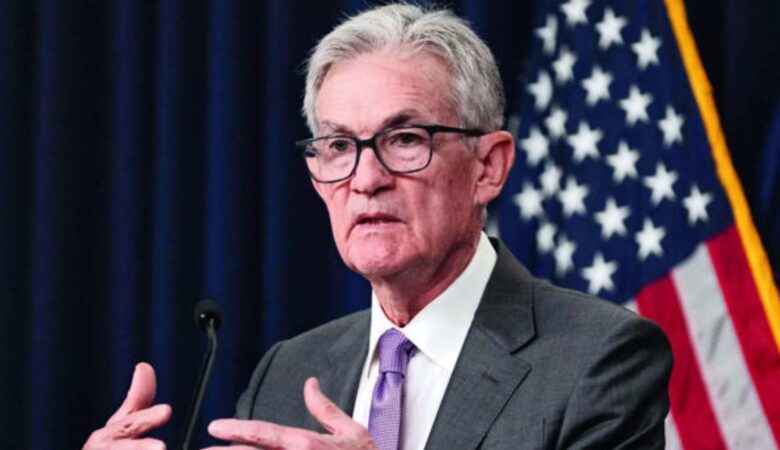Canada and India at a Crossroads
The diplomatic relationship between India and Canada has plunged into a significant crisis following the assassination of Sikh separatist leader Hardeep Singh Nijjar. This escalating tension has prompted strong statements and actions from both countries, with the potential for severe economic repercussions.
Canadian Sanctions on the Table
Canadian Foreign Minister Mélanie Joly recently indicated that sanctions against India remain a possibility, stating, “Everything is on the table.” This comes after Canadian Prime Minister Justin Trudeau accused India of being involved in criminal activities that threaten public safety, asserting there is “clear and compelling evidence” implicating Indian agents.
In contrast, India’s Ministry of External Affairs has claimed that Canada has failed to provide any evidence to support these allegations, stating that they have received “not a shred of evidence” despite multiple requests. This assertion highlights the chasm of mistrust growing between the two nations.
Economic Implications for Canada
Experts warn that imposing sanctions on India could have severe consequences for Canada’s economy. Sankhanath Bandyopadhyay, an economist at Infomerics Ratings, pointed out that Canada’s economy is closely tied to India, with over CAD 75 billion invested in Indian markets by Canadian pension funds. More than 600 Canadian companies operate in India, and many others are pursuing opportunities there.
Bandyopadhyay specifically noted the risks to Canada’s agricultural sector, particularly regarding lentils, where Canada is a key supplier. If tensions escalate further, Canadian exporters may lose market share to competitors like Australia, which has been increasing its lentil exports to India since 2019.
Adding to this sentiment, Amit Agrahari, a Public Policy Executive at iSPIRT Foundation, described Canada as the “sick man of the Americas,” struggling with low GDP growth and negative economic trends. He emphasized that Canada needs India as a key partner for diversifying its energy markets, especially given its ambitions to sell oil to Asian countries.
Agrahari argued that Canada cannot afford to alienate India, particularly as its economy faces challenges and a potential recession looms. The message is clear: while Ottawa may consider sanctions, the broader implications could be detrimental to its own economic interests.
Escalation of Diplomatic Tensions
In a swift retaliation to Canada’s accusations, India expelled six Canadian diplomats and recalled its High Commissioner Sanjay Verma and other officials. This move was described as a response to what India termed the “baseless targeting” of its diplomats in relation to the Nijjar case. The Indian government summoned Canadian Charge d’Affaires Stewart Wheelers, making it clear that the allegations were unacceptable.
This escalation signals a marked downturn in relations, with both nations now entangled in a cycle of accusations and diplomatic maneuvers.
Disinformation and Propaganda Accusations
Compounding these tensions is a report by Canada’s Global Affairs department, which alleges that “pro-Narendra Modi media” in India has been disseminating disinformation regarding Nijjar’s killing. This report highlights a trend of heightened propaganda following Trudeau’s September allegations of Indian involvement in the incident.
The report characterizes this disinformation campaign as targeting key figures and institutions in Canada, including Prime Minister Trudeau, the Canadian High Commission to India, and the Canadian Sikh community. The reference to “Godi Media,” a term used to describe media perceived as overly supportive of Modi’s government, indicates the polarized media landscape influencing public perception and policy on both sides.
History of India-Canada Issues
Timeline of Key Incidents
1919:
- Ghadar Movement: Indian immigrants in Canada, particularly Sikhs, engage in anti-colonial activities against British rule.
1980s:
- Sikh Separatism: Growing support for the Khalistan movement among some segments of the Sikh diaspora in Canada.
1984:
- Operation Blue Star: Indian military action in the Golden Temple, leading to significant outrage among Sikhs globally.
1985:
- Air India Flight 182: The bombing results in the deaths of 331 people, straining relations between India and Canada.
1991:
- Inquiry into Air India Bombing: The Canadian government launches an inquiry into the bombing, revealing failures in intelligence and security.
1996:
- Final Report on Air India Inquiry: The report criticizes both governments for their handling of the case.
2000s:
- Ongoing Concerns: Continued concerns in India regarding Sikh separatism in Canada, with incidents of protests and violence.
2018:
- Trudeau’s Visit to India: The trip is marred by controversies involving Canadian Sikh extremists.
2020:
- Protests in Canada: Pro-Khalistani protests occur, drawing condemnation from India.
2023:
- June: Assassination of Hardeep Singh Nijjar, a prominent Sikh activist in Canada.
- September: Trudeau alleges Indian government involvement in Nijjar’s assassination, leading to diplomatic expulsions from both countries.
October 2023:
- Week of October 8-15:
- Increased Diplomatic Tensions: Canadian officials express concerns about safety for Sikh communities in India, amid a backdrop of heightened security measures.
- Public Demonstrations: Protests occur in Canada supporting Khalistani movements, further complicating diplomatic relations.
- Statements from Officials: Both governments issue statements reaffirming their positions, but communication remains strained.
- Media Coverage: International media reports focus on the fallout from the allegations, with discussions around potential impacts on trade and diplomatic ties.
Conclusion
The ongoing diplomatic crisis between India and Canada presents a complex web of geopolitical tensions, economic implications, and issues of national security. With accusations flying and potential sanctions looming, both nations must navigate these treacherous waters carefully. While Canada considers its options, including economic sanctions, experts warn that such measures could backfire, harming Canadian interests in the long run. The escalation of diplomatic tensions, coupled with disinformation campaigns, complicates the already fraught relationship, underscoring the urgent need for dialogue and resolution. As this situation continues to develop, the focus remains on how both countries will manage their escalating crisis amidst significant economic stakes.
Read More to stay updated – The Hindu
Learn about Architecture Marvels of Rajasthan







Leave a Reply